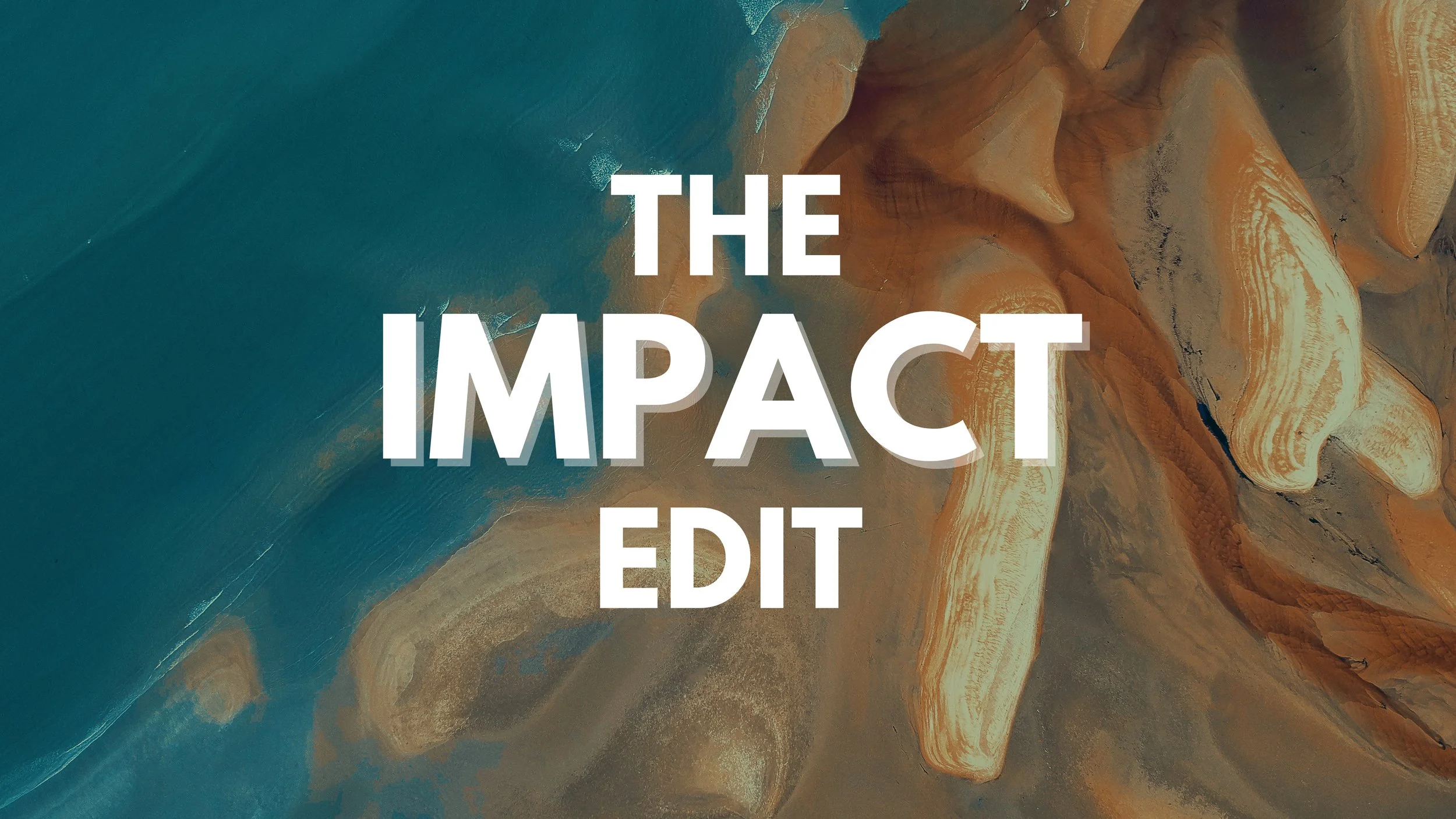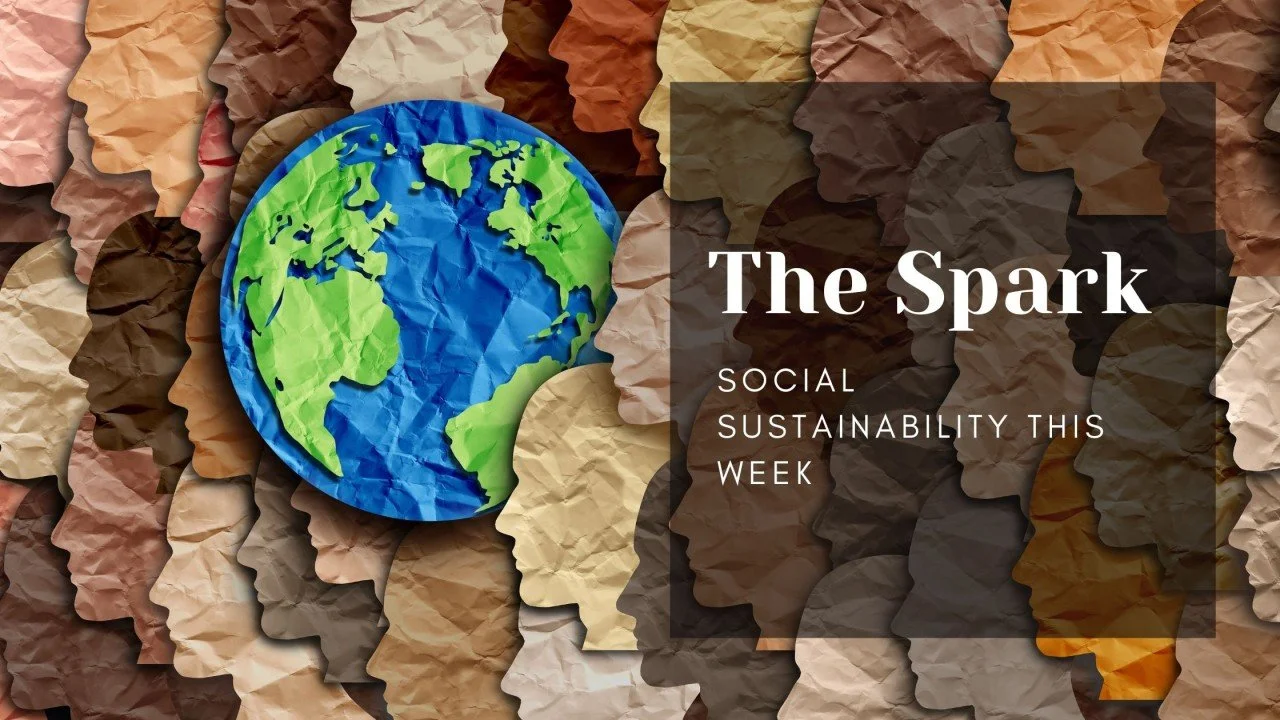Our Thinking
The Impact Edit: Can Your Social Sustainability Claims Survive a Follow-Up Question?
Broad language helps teams agree, but specific language helps them deliver. This post explores why terms like "community-driven" often crumble under scrutiny and how to build a social impact strategy that is robust enough to survive outside the conference room.
The Impact Edit: The Anti-Reset Year
Most sustainability strategies don’t fail from a lack of ambition; they fail from an accumulation of good intentions that were never retired. This post argues that the most strategic move for the year ahead isn't to optimize or add, but to edit.
The Impact Edit: How Buildings Changed the “S” in ESG
For years, the "S" in ESG has been the vague middle child—defined by intentions rather than outcomes. But buildings are changing that. This post explores how the built environment provides the physical proof needed to turn social sustainability from an abstraction into a measurement.
The Impact Edit: A Last-Minute Gift Guide for People Who Think Too Much
Skip the candles and bath salts. This is a curated reading list for the deep thinkers in your life—covering everything from systems thinking and invisible bias to the economics of biophilia and the art of rest. Whether for a gift or your own holiday survival kit, these books offer new ways to see the work.
The Impact Edit: Communicating Impact in a World That’s Tired of Promises
Legal teams are wary and boards are cautious, leading many to pause their impact reporting. But the erosion of trust didn't come from inaccuracy—it came from irrelevance. This post explores why silence is actually the riskier move and how to rebuild trust through precision, not promises.
The Impact Edit: The Three Proof Points Every Impact Report Needs in 2026
Stakeholders aren't asking for longer reports; they are asking for clearer evidence. This post outlines the three specific proof points—relevance, verifiability, and impact—that define whether an impact report actually builds trust in 2026.
The Impact Edit: The Quiet Friction Shaping Our Decisions
Why do teams choose the familiar path over the better one? It isn't a lack of motivation—it’s a friction problem. From coordination costs to status quo bias, this post explores the three invisible friction patterns that derail social sustainability and offers actionable ways to redesign them for operational reality.
The Spark #29: Greener Schoolyards, Sustainability Recession and Heatrisk Tools
Corporate sustainability is shifting from bold promises to real accountability. From B Lab’s revocation of a B Corp certification over fossil fuel ties to Denver’s greener schoolyards and the CDC/NOAA HeatRisk tool, this week highlights the tension between ESG reporting, genuine action, and climate resilience.
The Spark#30: Hot House Syndrome, Heat Protection and Sustainability for the LA 2028 Olympics
From extreme indoor heat in Britain to garment workers facing rising risks in Asia, heat stress is emerging as a global social sustainability challenge. Meanwhile, the LA 2028 Olympics are planning a “no car” model for sustainable hosting, and new studies show the unexpected role of trees in reducing methane. Here are the key shifts in social, environmental, and corporate responsibility this week.
The Impact Edit: Can a Building Have an ESG Score?
Buildings don’t get ESG scores—but they’re absolutely being evaluated through an ESG lens. From energy use to labor practices, governance to community impact, projects are under increasing scrutiny. Certifications like LEED and WELL help quantify progress, but the real value lies in how buildings serve people, planet, and long-term resilience.










